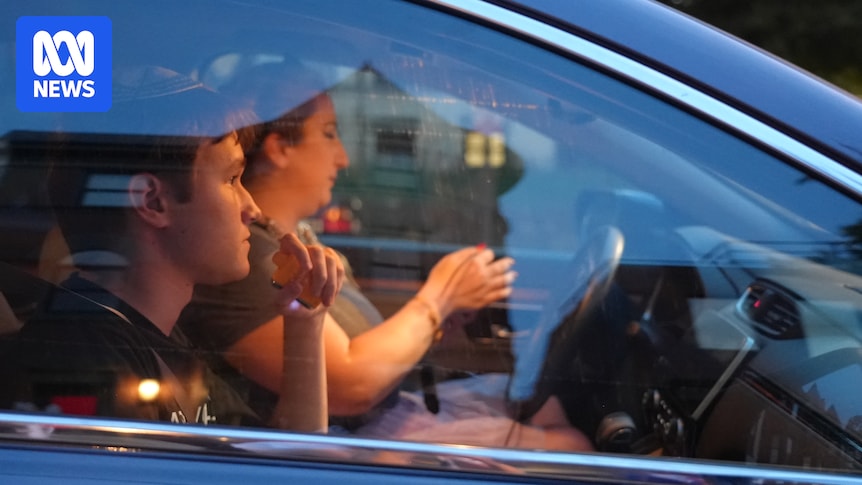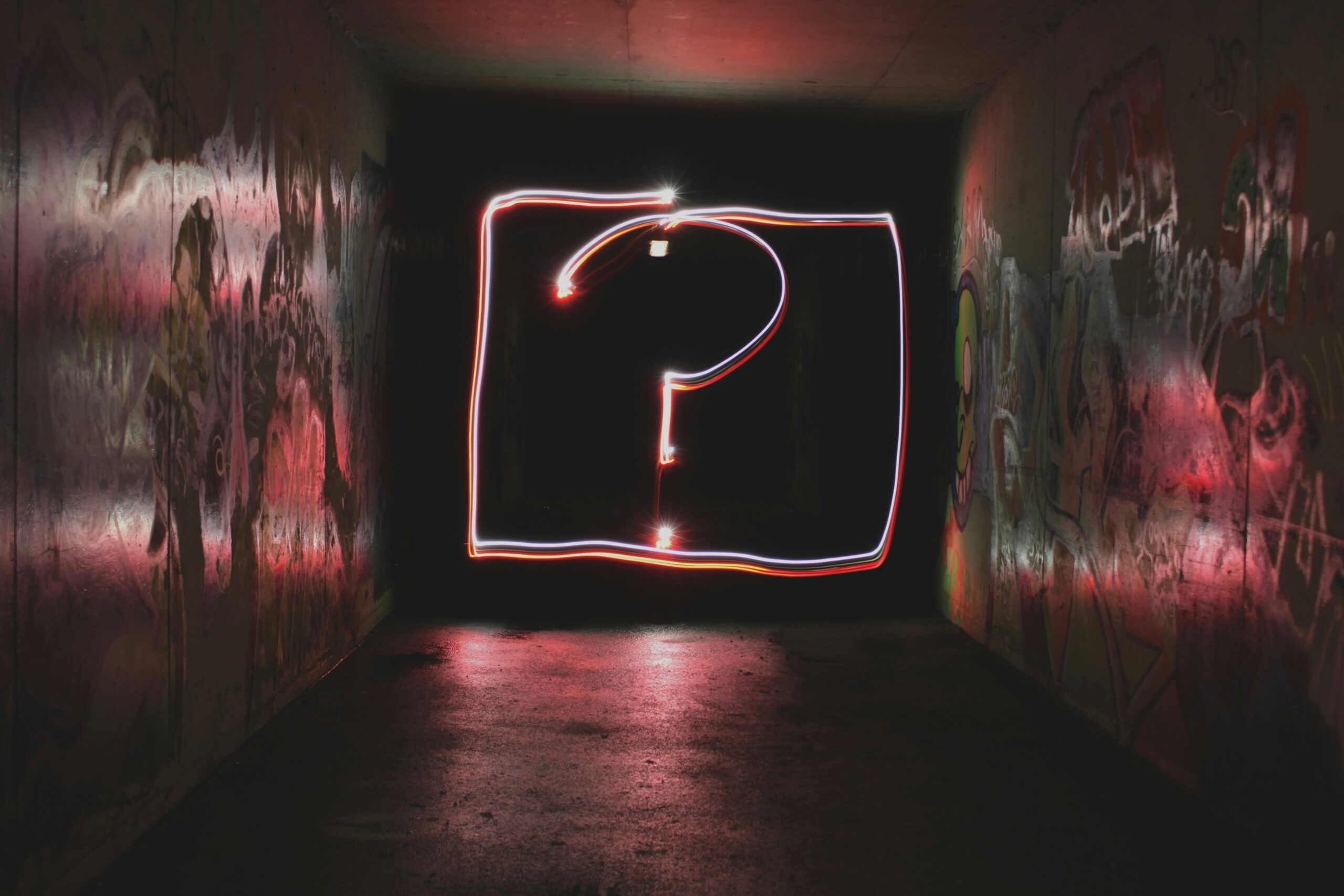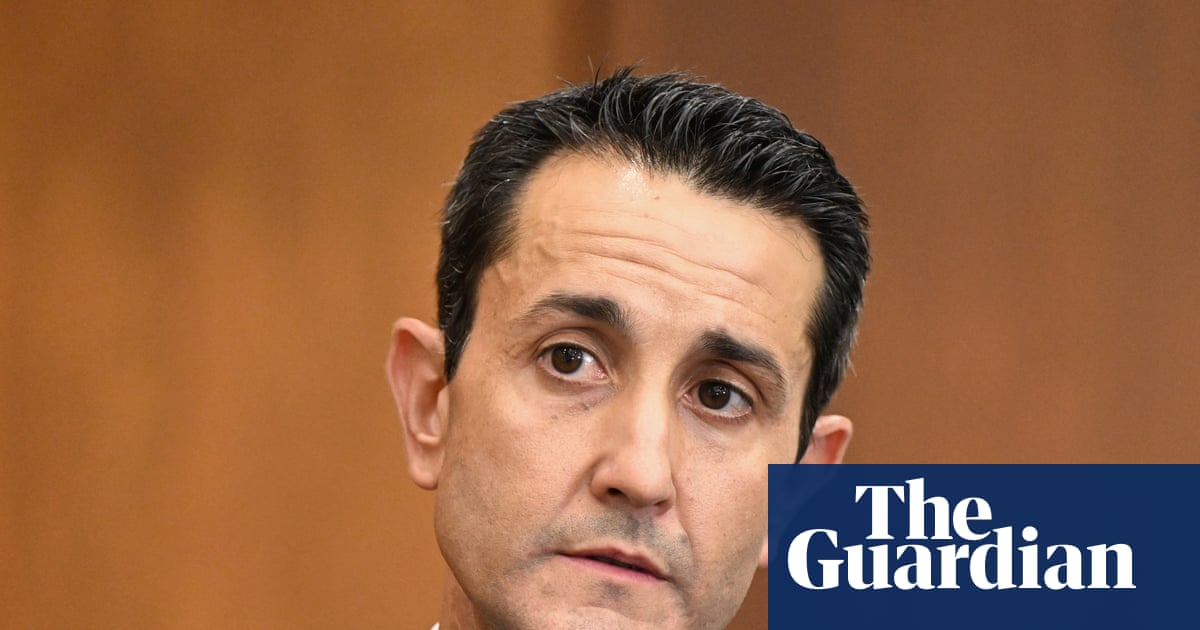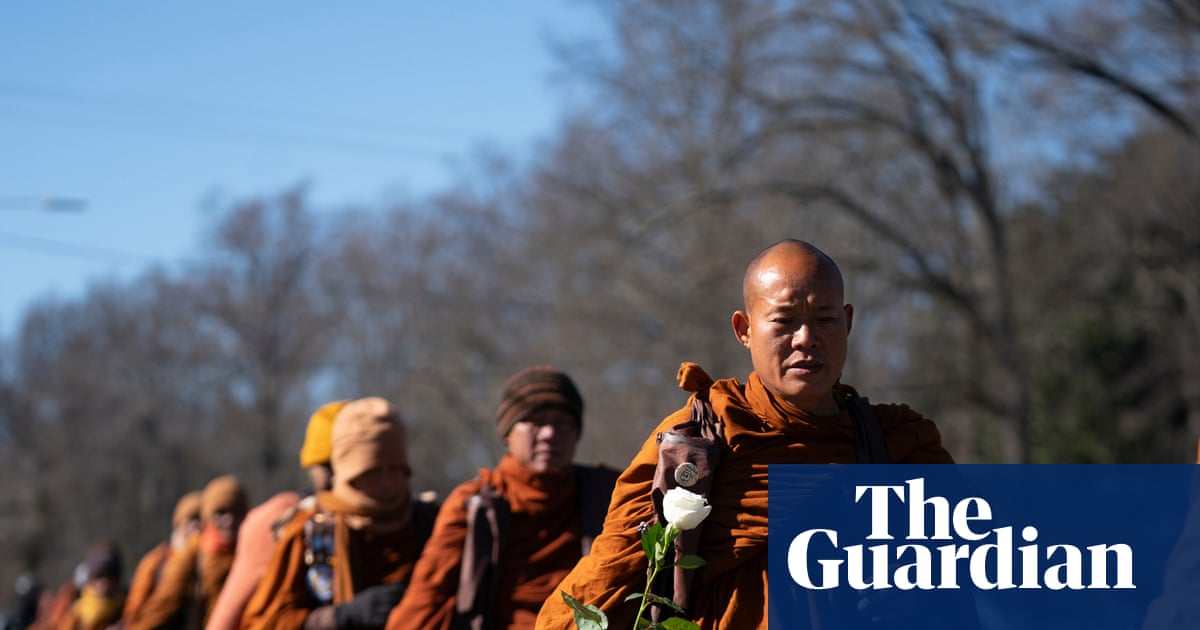
It’s a tense weeknight in Washington, DC, as soldiers armed with assault rifles patrol the national parks and federal agents are visible along the city’s vibrant nightlife strips. Under orders from President Donald Trump, these forces are tasked with policing the capital. However, they find themselves under scrutiny as well, closely monitored by local activists determined to document their every move.
Among these activists are Elli, Cap, Gizmo, and Brit—pseudonyms for a group committed to observing and recording the activities of federal agents. Elli, a 19-year-old who also works at a nearby bar, has been out every night filming since the President announced a sweeping crime crackdown. “I intend to keep doing this until these feds leave or I end up in handcuffs—whichever comes first,” Elli told the ABC. “Am I afraid? Yes. But that doesn’t mean I’m intimidated into stopping.”
Community Concerns Over Federal Intervention
Three weeks ago, President Trump declared an “epidemic of crime” in Washington, announcing a federal takeover of the city’s police department. Hundreds of officers from various federal agencies, along with National Guard troops, were deployed across the city. Trump described this as a historic action to “rescue our nation’s capital from crime, bloodshed, bedlam, and squalor.”
Initially, Democratic Mayor Muriel Bowser opposed Trump’s claims, stating that Washington was “not experiencing a crime spike” and called the federal intervention “unsettling and unprecedented.” However, she later acknowledged reductions in crime, including an “87 percent reduction in carjackings,” expressing appreciation for the additional officers supporting the Metropolitan Police Department.
Crime Statistics and Public Reaction
According to US Attorney-General Pam Bondi, by the end of August, 1,599 arrests were made, and 165 illegal guns were seized in Washington. Many of these arrests were for low-level offenses such as drug possession, open container violations, and traffic infractions. The legality of these arrests remains under scrutiny, with questions about how many resulted in formal charges.
Not everyone is pleased with the crackdown. Reverend George Gilbert Jr, a resident of a lower socio-economic neighborhood, described Washington as “a city under siege.” He criticized the federal presence, noting that agents were conducting stop-and-frisk operations in public housing and setting up checkpoints without clear justification.
Activist Networks and Federal Surveillance
On a night shadowed by the ABC, Elli and their crew encountered a large police presence responding to a fight at a petrol station. The scene was tense, with locals filming the police and activists like Elli ensuring that procedures were followed correctly. “We want to make sure that even if a crime was committed, we’re able to know where everybody is and ensure their rights are respected,” Elli explained.
Each night, Elli and their network engage in “backroom documenting”—taking photos of license plates, agents’ faces, badges, and behaviors to build a database of federal activity. They aim to alert the community about the presence of federal agents and advise caution or documentation when necessary.
ICE Operations and Community Impact
Reports have emerged of Immigration and Customs Enforcement (ICE) agents targeting communal spaces, including places of worship and schools, to detain immigrants. Tricia McLaughlin, Assistant Secretary of the Department of Homeland Security, stated they were targeting “the worst of the worst,” but community members report otherwise.
A pastor from a church with a large Latino congregation shared that ICE presence forced him to cancel a service, fearing for his members’ safety. In another instance, parents dropping their children at school were detained, leaving their children without guardians.
Religious Leaders and Local Government Response
In response to ICE’s actions, nearly two dozen religious leaders in DC signed a letter urging federal agents to avoid church properties. Reverend Gilbert criticized the federal actions, stating, “The acts being done throughout Washington, DC, are not acts of love and have nothing to do with Christianity.”
While Mayor Bowser has acknowledged the drop in crime, she disapproves of the presence of masked ICE agents and out-of-state National Guard troops. She has been praised by President Trump for her cooperation, unlike other Democratic mayors who have resisted federal interventions.
Calls for Continued Protest
DC Council member Zachary Parker has encouraged residents to continue protesting against the federal presence. He held a town hall to discuss effective protest strategies, emphasizing the need for organized resistance. “We need more of it,” Parker said, highlighting the importance of mobilizing the community against what he views as an overreach of federal power.
As the situation in Washington, DC, unfolds, the city’s residents and leaders continue to grapple with the implications of the federal crackdown. The debate over crime, autonomy, and civil liberties remains a contentious and evolving issue.







